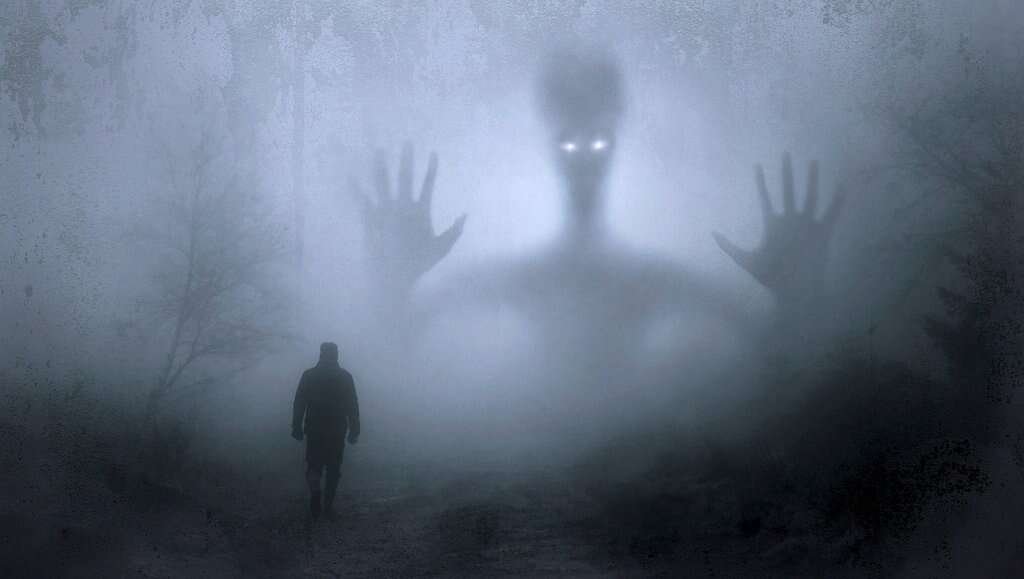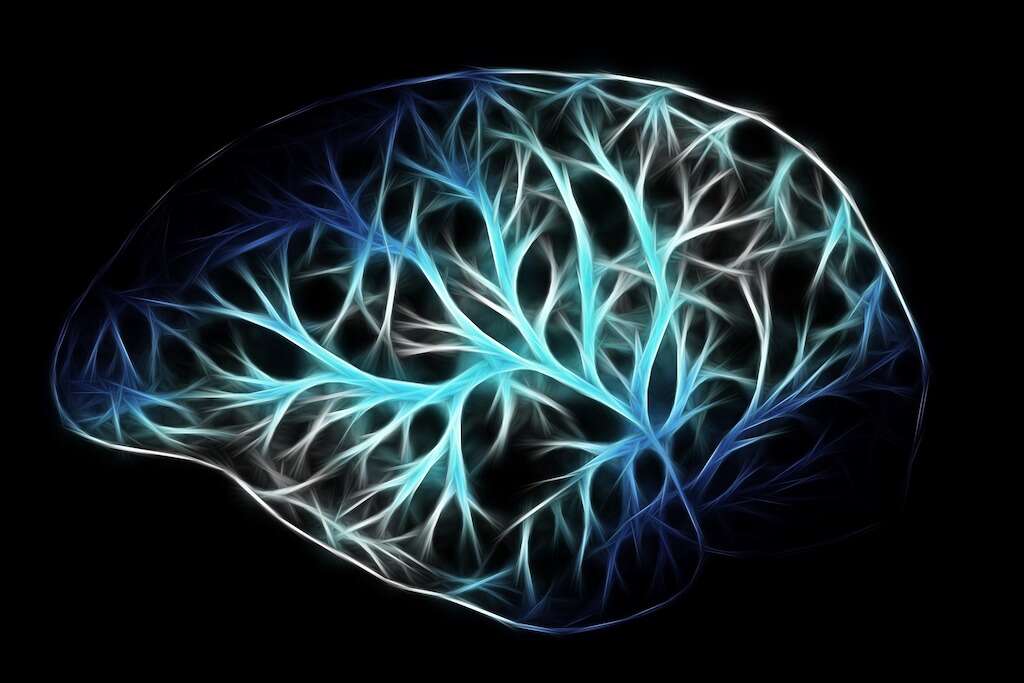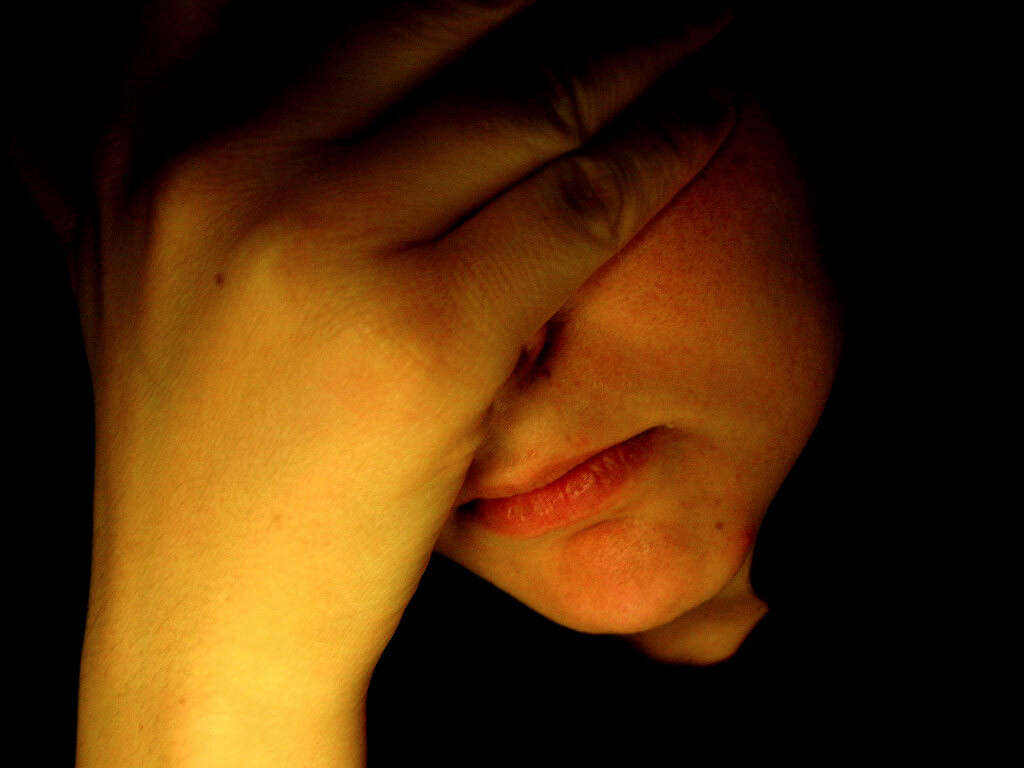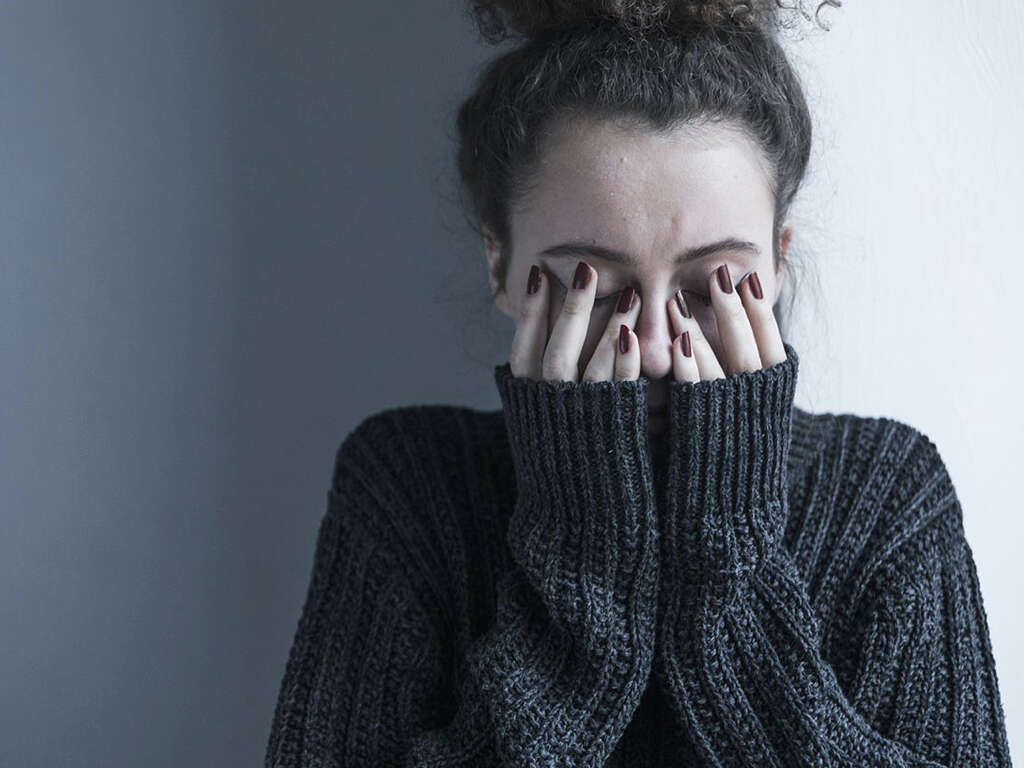10 Psychosis Symptoms
 Article Sources
Article Sources
- 1. 'Brain Stimulation Therapies.' National Institute of Mental Health, U.S. Department of Health and Human Services, www.nimh.nih.gov/health/topics/brain-stimulation-therapies/brain-stimulation-therapies.shtml.
- 2. 'Do You Have Insomnia?' Sleep.org, 12 Mar. 2021, www.sleep.org/insomnia-vs-occasional-sleeplessness/.
- 3. 'Symptoms.' web.stanford.edu/group/mood/Pages/AboutSymptoms.html.
Psychosis is a disconnection from reality. It’s a malfunction in the way the brain interprets reality. A person who has psychosis will often see, hear, taste, feel, and smell things that exist only in their mind. Broadly speaking, psychosis may itself be a symptom of an underlying psychological disorder, such as schizophrenia, bipolar disorder, schizoaffective disorder or post-traumatic stress disorder (PTSD).
Psychosis may also be present in people who experience depressive episodes or those who have postpartum depression. Here are 10 symptoms to pay attention to that may indicate a person is suffering from psychosis.

1. Depressed Mood or Depression
A depressed mood or clinical depression can both be signs of psychosis. While they may sound the same, there’s an important distinction between major depression and a depressed mood. Also referred to as situational depression, a depressed mood involves temporary feelings of sadness, loneliness and lethargy.3‘Symptoms.’ web.stanford.edu/group/mood/Pages/AboutSymptoms.html.
Depression, also known as clinical depression, major depression or major depressive disorder, refers to a serious medical condition. While a depressed mood can be easily alleviated by common mood-boosting activities, like taking a walk, talking to a friend or listening to uplifting content, major depression requires medical treatment with prescription drugs and psychotherapy.

2. Difficulty Concentrating
Psychosis can express itself through impaired cognitive function, and people can experience this symptom differently. Some people may become unable to hold information in the short-term or working memory. Others may become restless and lose the ability to stay focused on one activity.
The lack of concentration may also affect a person’s ability to perform complicated tasks that require a keen sense of precision. The person may also lose focus and fail to muster the mental energy needed to complete a task.

3. Sleeping Disorders
Sleep disorders are among the most common symptoms of psychosis. These disorders include insomnia, sleep apnea and nightmares.2‘Do You Have Insomnia?’ Sleep.org, 12 Mar. 2021, www.sleep.org/insomnia-vs-occasional-sleeplessness/. Most people who suffer from psychosis also suffer from at least one of these disorders.
These sleeping disorders can result in a variety of negative effects, including worsening the psychosis. For that reason, they require keen monitoring and psychiatric treatment. These symptoms appear in the early stages of psychosis, and treating them early can have important benefits.

4. Hallucinations
Hallucinations are highly suggestive for psychosis and occur when a person’s mind creates sensory experiences that don’t coincide with reality. People often relate hallucinations to vision but they can affect all of the senses. Visual, auditory, olfactory and tactile hallucinations refer to hallucinations that affect a person’s sense of sight, hearing, smell and bodily sensations.
A person who experiences this symptom of psychosis may see things that don’t exist or hear voices in their head. This symptom usually goes hand in hand with sleeping disorders such as insomnia.

5. Withdrawal From Family and Friends
Withdrawal from loved ones is among the most common signs of depression. A person with depression may start to isolate themselves from their close friends and family members. As a result, they may begin to increasingly experience sadness, shame, hopelessness and apathy.
As with most other symptoms of depression, withdrawal from loved ones may trigger a positive feedback loop in which the psychosis causes the isolation and the isolation, in turn, worsens the psychosis.

6. Delusions
A delusion refers to a false belief that a person holds firmly. Delusions tend to be extremely persistent, and a person may hold on to them regardless of evidence to the contrary. Like hallucinations, delusions are also characteristic to psychosis
Forms of delusions include grandiose delusions, paranoid delusions, and somatic delusions. A person experiencing paranoid delusions may think that someone is following them. Grandiose delusions refer to exaggerated feelings of self-importance, while somatic delusions relate to false beliefs about bodily functions or appearance.

7. Suicidal Thoughts and Actions
Many people with psychosis experience suicidal thoughts. In the absence of proper treatment, these thoughts may lead to suicidal actions. Intervention can be difficult because, depending on the severity of the psychosis, a person experiencing suicidal thoughts may act on them impulsively.
Certain conditions can promote or worsen suicidal thoughts. These include feelings of hopelessness, worsening health, withdrawal from loves ones, grief or a recent rejection, among others. The situation may be the tipping point that causes a person to act on their suicidal thoughts.

8. Disorganized Thoughts and Speech
A person with psychosis may have difficulty thinking straight and speaking coherently at times. They might struggle to express their thoughts. Disorganized thoughts and speech are among the hallmarks of psychosis.
A person who experiences this symptom may frequently lose their train of thought mid-conversation. Random words may find their way into the person’s speech or they may become completely incoherent. In fact, psychosis is, by definition, a thought disorder.

9. Catatonia
Catatonia is one of the more serious symptoms of psychosis. A person who experiences this symptom may not speak or move for extended periods. Other characteristics include posturing, staring, withdrawal, negativism and rigidity. Catatonia can also result in abnormalities in the body’s autonomic functions.
Treatment of catatonia typically involves medication. A doctor may begin by prescribing a benzodiazepine such as Alprazolam or Zolpidem. Other treatments for catatonia include brain stimulation via electroconvulsive therapy (ECT) or transcranial magnetic stimulation (TMS).

10. Impaired Psychomotor Function
Psychomotor refers to the effect the brain has on a person’s ability to move. When a person’s psychomotor activity decreases, it’s called psychomotor retardation. A person with psychosis may have delayed responses in their movements. In later stages, a person’s movements may become extremely sluggish.
This can impact their daily activities and social interactions. Psychosis can affect both gross and fine motor skills. Other manifestations of diminished psychomotor function include a decrease in speech, difficulty expressing emotion and a decrease in spontaneous movement.










